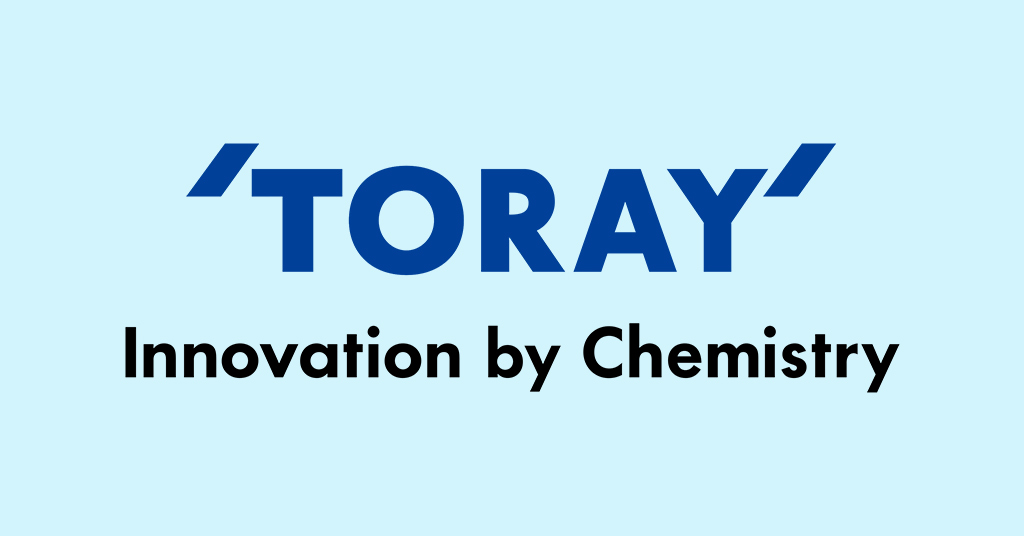Welcome To ChemAnalyst

Toray Industries, Inc. has recently unveiled an expansion of its product range, introducing new high-performance-grade chemical-recycled polybutylene terephthalate (PBT) resin products to the market. The innovative approach employed by Toray involves the depolymerization of waste PBT originating from manufacturing processes, followed by the repolymerization of the material. Among these novel offerings, the company presents glassfiber-reinforced low warpage and hydrolysis-resistant grades, each designed to meet specific industry demands.
What distinguishes these chemical-recycled materials is their remarkable equivalency to PBT resin derived from virgin raw materials. This pivotal development holds significant promise in advancing sustainability goals and reducing carbon footprints, aligning with the global imperative to mitigate environmental impact.
Recycling resins, as a practice, often encounter a host of challenges, such as contamination from foreign substances and the potential deterioration in the quality of recycled materials. Toray's approach to chemical recycling, however, is designed to circumvent these issues effectively. It accomplishes this through a rigorous and meticulous process that encompasses quality control measures from the initial depolymerization phase all the way through to the compounding phase.
One of the primary advantages offered by Toray's chemical recycling methodology is its ability to produce recycled PBT resin of a quality that rivals that of virgin material. By integrating stringent quality control practices throughout the chemical recycling process, Toray ensures that the final product meets or exceeds industry standards.
Moreover, Toray's commitment to sustainability extends beyond the manufacturing floor. The company is actively engaged in the development of chemical- and material-recycled grades that incorporate postconsumer recycled materials sourced from recovered products.
The introduction of glassfiber-reinforced low warpage and hydrolysis-resistant grades within Toray's chemical-recycled PBT resin product line is particularly noteworthy. These grades are engineered to cater to specific industry needs, reflecting Toray's commitment to providing tailored solutions to its customers.
Low warpage is a highly desirable property in many applications, particularly those requiring intricate and precise molding. The glassfiber-reinforced low warpage grade of PBT resin is designed to minimize distortion during the molding process, ensuring that the final product meets the strictest dimensional tolerances. This is particularly critical in industries such as automotive manufacturing, where precision is paramount.
Hydrolysis resistance, on the other hand, addresses the durability and longevity of PBT resin in challenging environments. PBT resin products that are hydrolysis-resistant are better equipped to withstand exposure to moisture and humid conditions, which can otherwise compromise their structural integrity over time. Industries relying on PBT resin in applications exposed to such conditions, such as electrical and electronic components, will greatly benefit from this specialized grade.
In the broader context of sustainability and environmental stewardship, Toray's efforts to expand its chemical-recycled PBT resin product line are commendable. By offering recycled PBT resin products that match the quality of virgin materials, Toray contributes to the circular economy, reduces waste, and lessens the carbon footprint associated with the production of new plastics.
Additionally, Toray's commitment to chemical recycling provides a tangible example of how innovation and technology can be harnessed to address some of the most pressing environmental challenges. Chemical recycling processes offer a way to overcome the limitations of traditional mechanical recycling methods, which are often hindered by contamination and quality degradation. Toray's ability to deliver recycled materials of equivalent quality to virgin materials is a testament to the potential of advanced recycling techniques to drive sustainable practices in the industry.
We use cookies to deliver the best possible experience on our website. To learn more, visit our Privacy Policy. By continuing to use this site or by closing this box, you consent to our use of cookies. More info.
